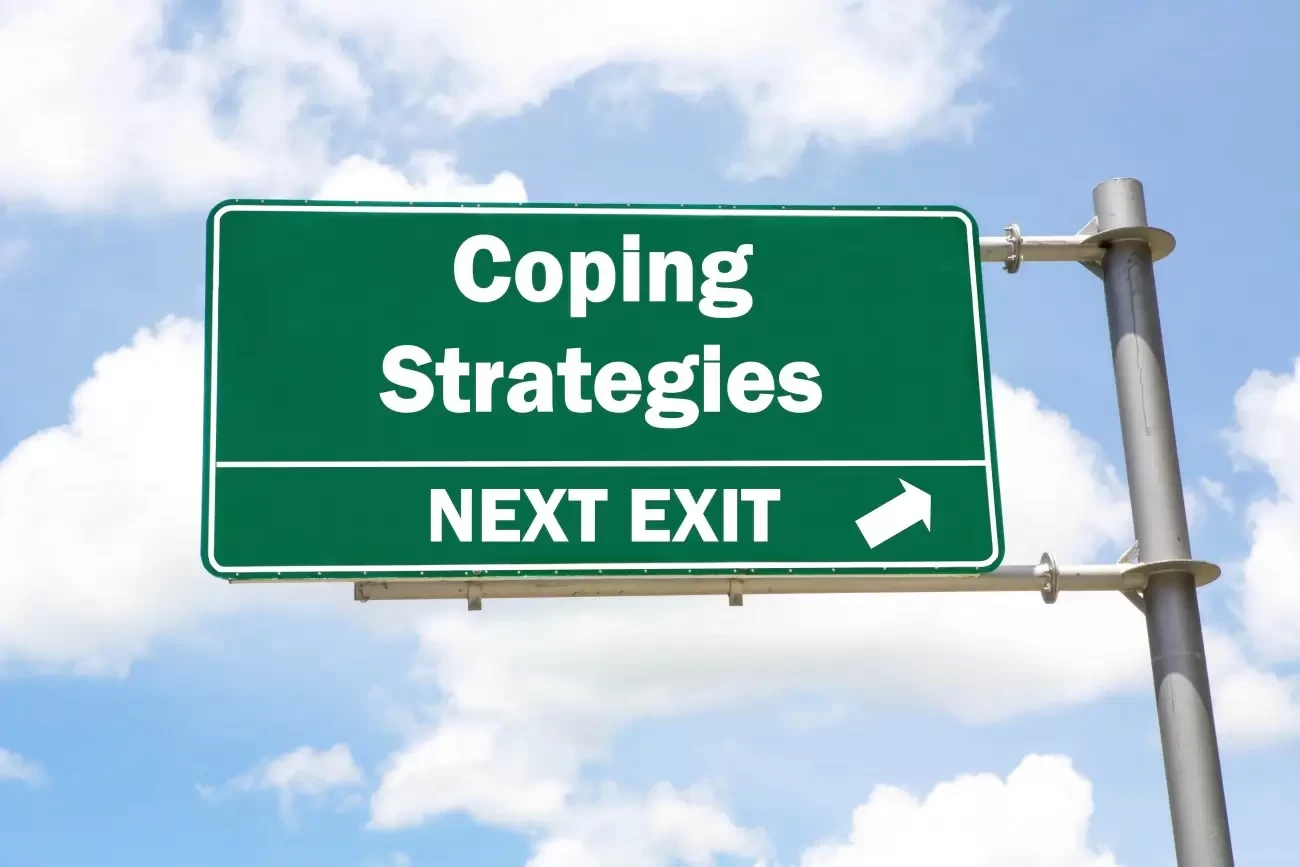Browse by category

Coping Strategies That Work During COVID-19: Research Brief
Coping During the Covid-19 Pandemic: Relations with Mental Health and Quality of Life
Canadian Psychological Association, June 2021
The Covid-19 pandemic has resulted in a widespread increase in fear, worry, and stress. Our mental health and quality of life has suffered. New research shows which coping strategies are best during this covid-19 pandemic in helping with anxiety, depression, and quality of life.
Fourteen different coping strategies were examined. They were divided into “Avoidant Coping” ( denial, substance use, venting, behavioral disengagement, distraction and self-blame) and “Approach Coping” (active coping, positive reframing, planning, acceptance, emotional support and use of information support). Two additional strategies: humor and religion were also included but not categorized as approach or avoidant.
As one might expect, greater use of avoidant coping strategies were associated with higher levels of depression, anxiety and lower quality of life at both baseline and follow up.
Approach coping strategies generally resulted in less depression, anxiety and greater quality of life.
Within the approach coping strategies, one method of coping stood out, positive reframing. Greater use of positive reframing predicted greater quality of life at baseline and follow up and was associated with less depression and anxiety.
Highlights from the Study
Both active coping and positive reframing were associated with lower depression and better quality of life. Positive reframing at baseline was also associated with improved quality of life over the 1-month follow-up period.
“...greater active coping, positive reframing, emotional support, humor and religion were related to better quality of life at baseline”
Planning was the only coping style associated with anxiety levels and was actually associated with more severe anxiety symptoms, despite typically being considered an adaptive strategy.
Greater self-blame predicted a reduction in the quality of life from baseline to follow-up, whereas positive reframing predicted an increase in the quality of life
At Feeling Good Institute, we utilize positive reframing as a method of cognitive therapy. Positive reframing identifies the gains or positive aspects of a negative thought or situation. With this realization, perspective often shifts, and what was once only negative or difficult about a situation becomes something that can be valued and appreciated.
Learn about the essential skills for effective cognitive behavior therapy and how we set therapists up for success.